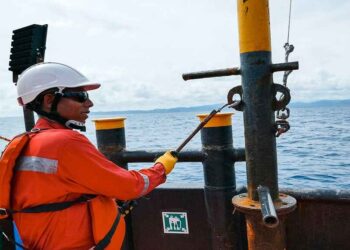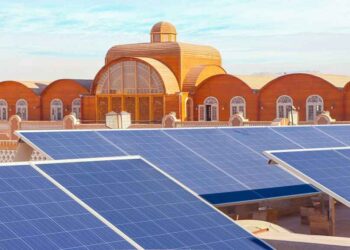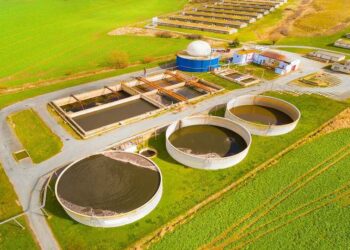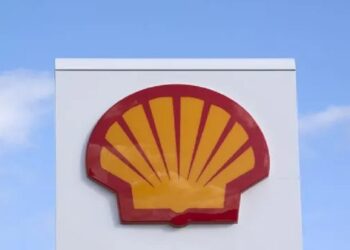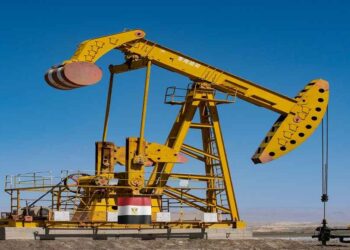ADNOC Gas has awarded a $615m (Dhs2.26bn) contract for the Habshan carbon capture and storage project, as part of the Abu Dhabi-based energy giant’s broader decarbonisation plan.
The Habshan carbon capture, utilisation and storage (CCUS) project is one of the Middle East region’s biggest CCUS projects and will have the capacity to store 1.5 million tonnes per annum (mtpa) of CO2, ADNOC Gas said in a bourse filing.
“This project represents our commitment to significantly reduce greenhouse gas emissions while unlocking new and attractive commercial opportunities for delivering sustainable, lower-carbon growth for the company,” said Ahmed Mohamed Alebri, CEO of ADNOC Gas.
“This large-scale project reaffirms our steadfast commitment to maximising energy output while minimising our emissions, steering us toward a more sustainable and environmentally responsible future.”
The project will triple ADNOC’s carbon capture capacity to 2.3 mtpa, equivalent to removing over 500,0001 gasoline-powered cars from the road per year. It is expected to be commissioned in 2026.
ADNOC Gas said more than 65 per cent of the contracts’ value is expected to flow back into the UAE economy, as part of ADNOC Group’s In-Country Value programme.
CCUS projects are recognized by both the Intergovernmental Panel on Climate Change (IPCC) and the International Energy Agency (IEA) as a critical decarbonisation enabler in achieving global climate goals.
ADNOC Gas accelerates decarbonisation
Meanwhile, ADNOC has placed sustainability at the heart of its long-term strategy. The company is decarbonising its operations, investing in renewables and low-carbon fuels and building a global hydrogen value chain.
The Habshan CCUS project is expected to support enhanced oil recovery of low carbon-intensity barrels and the production of low-carbon feedstocks such as hydrogen, as ADNOC builds on its landmark carbon capture facility, Al Reyadah.
The carbon dioxide gas captured at the Habshan project will be pumped into an oil field where it will be used to boost output in a process known as enhanced oil recovery.
Earlier in August, the company partnered with Occidental Petroleum to explore CCUS investment opportunities in the UAE and the US to create a carbon management platform to accelerate the two entities’ net zero goals.
ADNOC and Occidental are evaluating the development of direct air capture (DAC) facilities in the UAE as part of the deal, including what could be the first megaton DAC project constructed outside of the US. carbon capture
The two entities will also assess the joint development of one or more direct air-capture plants in the UAE that could absorb as much as one million tons of carbon dioxide annually. The state oil giant brought forward its net zero carbon emissions target by five years to 2045 and plans to achieve zero methane emissions by 2030.












































